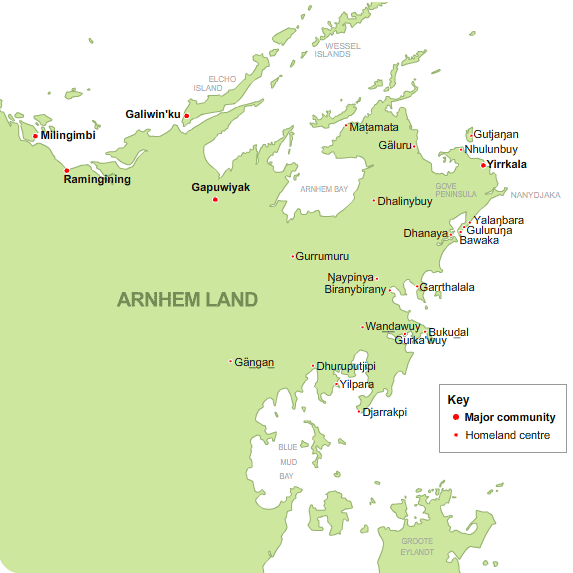It is an excerpt from The Great Treatise on the Stages of the Path to Enlightenment, also known as the Lam Rim Chen Mo in Tibetan. It is Tsongkhapa’s magnus opus, one of the greatest thinkers in the Tibetan Buddhist tradition.
In this excerpt, Tsongkhapa provides commentary on some verses of a work by another (somewhat legendary) Buddhist philosopher, Shantideva. Shantideva composed the Bodhisattvacharyāvatāra, ‘Engaging in the Bodhisattva Deeds’, a masterful summary of the Mahayana tradition, a true classic.
Engaging in the Bodhisattva Deeds says:
If I am never satiated by sensual desires,
Which are like honey on a razor’s edge,
How could I be satiated with merit,
Whose fruition is happiness and peace?
kāmairna tṛptiḥ saṃsāre kṣuradhārāmadhūpamaiḥ|
puṇyāmṛtaiḥ kathaṃ tṛptirvipākamadhuraiḥ śivaiḥ||64||
कामैर्न तृप्तिः संसारे क्षुरधारामधूपमैः।
पुण्यामृतैः कथं तृप्तिर्विपाकमधुरैः शिवैः॥६४॥
Develop an attitude of being insatiable, thinking, “Indulging in sensual pleasures is like licking honey off the sharp blade of a razor; it is the source of a little sweetness, but it slices up the tongue. If I cannot get enough of this experience, which gives me great suffering for the sake of just a slight, temporary pleasure, what sense could there be in feeling that I have had enough of the collections of merit and sublime wisdom, which give flawless, infinite happiness, both immediate and long-term?”
Thus, in order to bring to completion the virtuous activities in which you have engaged, enter them as a sun-scorched elephant enters a pleasing lotus pond at noon. Train in this attitude until you produce it.
Engaging in the Bodhisattva Deeds states:
Thus, in order to finish the work,
I shall enter into it just as
An elephant, scorched by the midday sun,
Comes upon a pond and plunges in.
tasmātkarmāvasāne'pi nimajjettatra karmaṇi|
yathā madhyāhnasaṃtapta ādau prāptasarāḥ karī||65||
तस्मात्कर्मावसानेऽपि निमज्जेत्तत्र कर्मणि।
यथा मध्याह्नसंतप्त आदौ प्राप्तसराः करी॥६५॥
One of the difficulties with reading Sanskrit texts is that at least until the 18th century, neither Buddhist nor Hindu texts were meant to be read. Unlike China, where the printing press took off early and literature was consumed en masse by a readership who used books made out of paper, in India, oral/aural memorisation remained the main means by which people accessed literature. This wasn't because India didn't have paper, India had it since the 13th century at least, and the Middle East by the 9th century, but the Indian scholarly class simply rejected it for whatever reason, preferring to write using palm leaves or other local material as well as traditional memorisation, right up until modernity.
Indian philosophers write in verses, which obviously helps for memorisation, and they can be highly elliptical, to the point where people have a hard time understanding their points. The reason why is that the 'text', as it were, is to be accompanied by an oral explanation, from a teacher to a student, who would be pointing out what this verse means. This is how it still works in Tibetan monasteries.
That oral component was sometimes put into word as a written commentary, but not always. By only reading the written text, you lose a lot of that meaning. I remember reading an English translation (by Jay L. Garfield) of one of Nagarjuna's works, the foundational thinker of Madhyamaka branch of philosophy. The modern day scholars were trying to reconstruct his thought system, on the basis of each of these brief, extremely cryptic lines. As well as using the aforementioned written commentaries, and help from the existing Buddhist oral tradition as it exists today. This is very different from reading a European philosopher like Hegel, whose philosophy you can more or less just read in his books.
I love the vivid imagery. Intellectual dissipation is like licking honey on a razor's edge, I know well that sweet-painful sensation!



